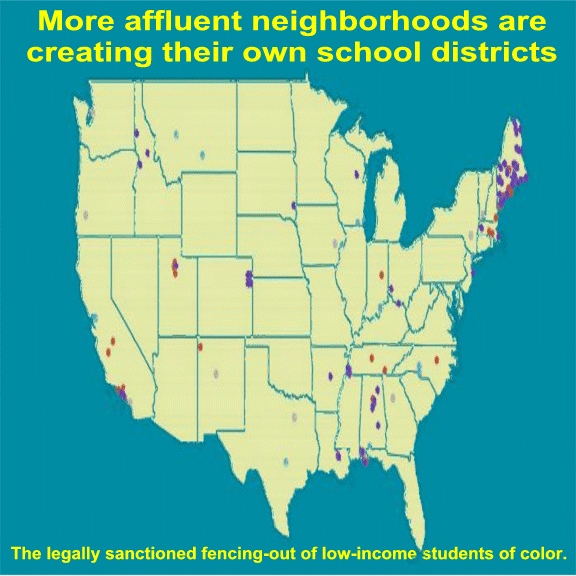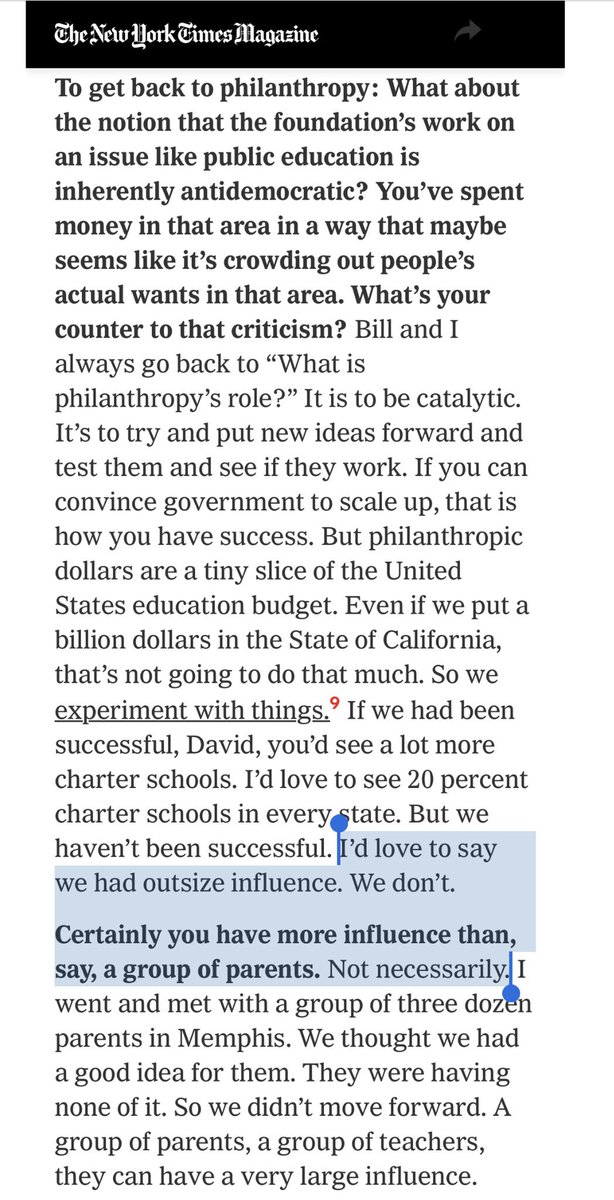We’re Having the Wrong Conversation About the Future Of Schools
Despite the rhetoric, modern movements to reform schools have had a devastating effect on education
As a full-time teacher, I don’t have a lot of time to look up from the dailiness of the job to consider something as nebulous as the “future” of education. When I do, I feel a vague unease that too many non-teachers seem to have a lot of time to do this kind of thinking.
One thing in my favor is that education reform seems to take the same basic forms, year after year. There’s the standards and accountability movement and the ongoing attempts to give it “teeth.” Then there are the tech giants peddling autonomy and self-direction in lieu of soul-crushing activities like reading The Outsiders and using protractors. And though the latter reformers are often critics of the former, the two have a lot in common.
Both represent billion-dollar industries. Both frequently co-opt a rhetoric of liberation, autonomy, and empowerment. Both can barely disguise a deep disdain for teachers and schools, especially of the “sage on the stage” variety. And both are almost exclusively headed up by white men.
These are the kind of people setting a bold agenda for the future of education.
Admittedly, us unruly American educators would have a hard time coming up with anything coherent enough to compete with the brave visions set forth by the leaders of these two industries. The very fact that such an all-encompassing solution is needed testifies to their dominance in framing the narrative around American schools. Mired in the day-to-day challenges and complexities of actually caring for and educating children, many teachers exhibit a complete failure of imagination when it comes to sweeping monolithic initiatives with pithy acronyms, eye-catching logos, and font pairings that are straight fire.
But we do need to change. Beyond the usual Alice Cooper-type critiques, we teachers have been especially complicit in the widespread marginalizing, neuroticizing, and criminalizing of our most vulnerable students. Yes, we need to stop boring future white rockstars and Silicon Valley entrepreneurs. This is already well known. But, CONTINUE READING: We’re Having the Wrong Conversation About the Future Of Schools































